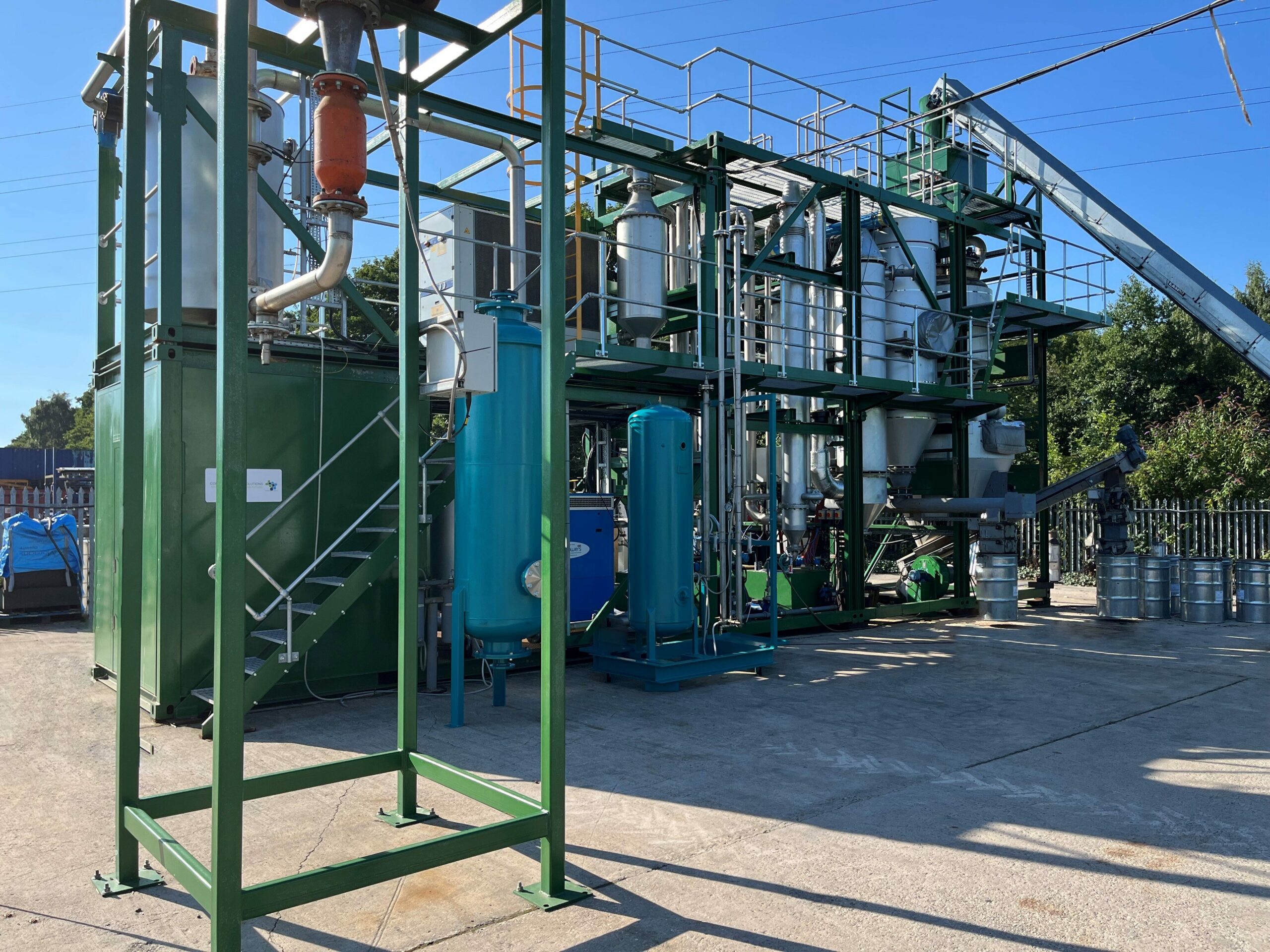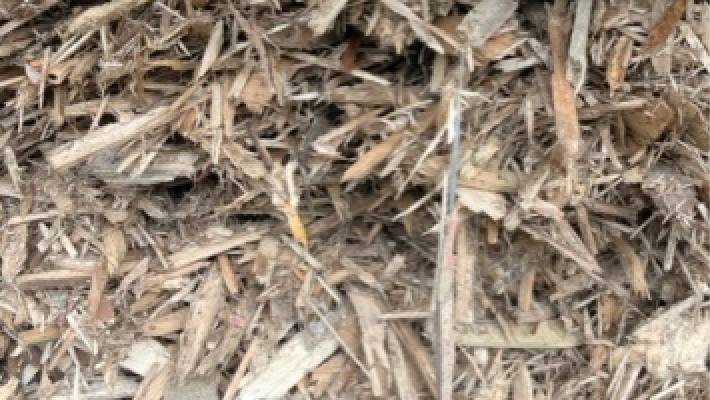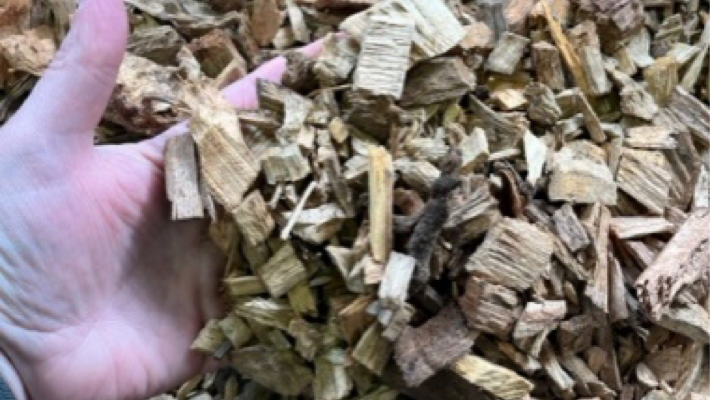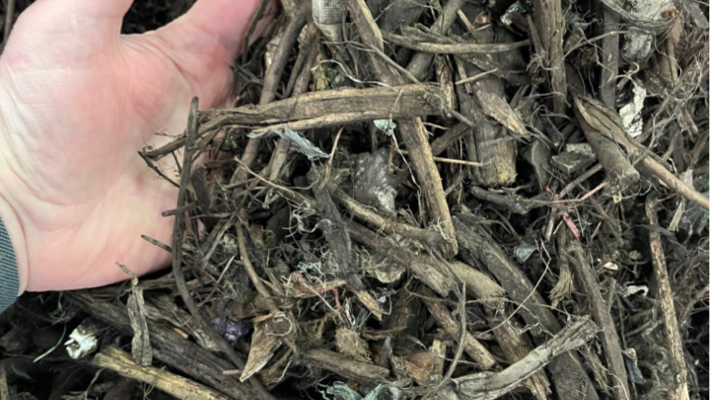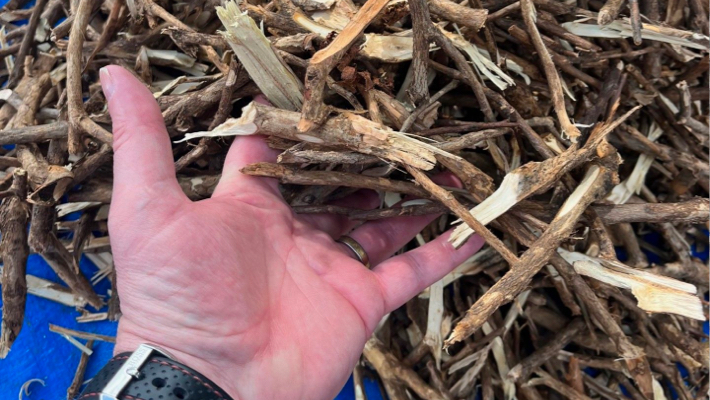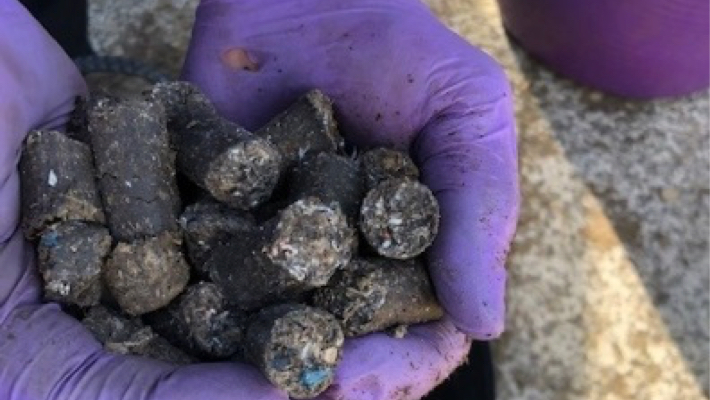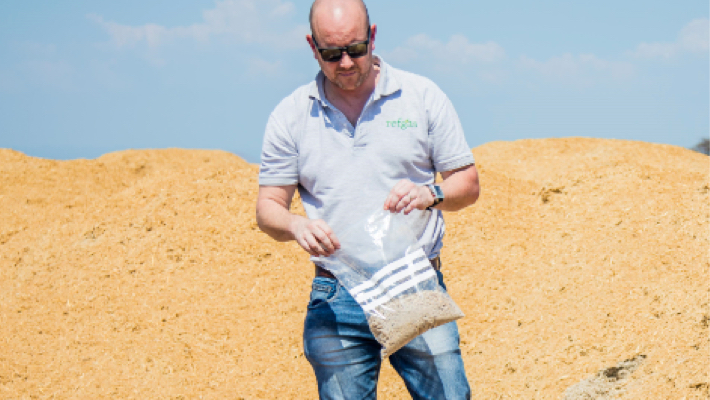Compact Syngas Solutions
Green fuels for a clean future
Our patented gasification process creates power, heat and hydrogen from non-recyclable waste and biomass. CSS MicroHubs are like having your own combined waste management and decentralised energy system. They can operate off-grid to provide power, heat and hydrogen and fuel wherever you need it.
Turning waste into clean energy
Waste in landfill decomposes and emits harmful gases including carbon dioxide and methane into the atmosphere.
We use gasification to turn that waste into high-quality, low-carbon syngas – a synthesis gas made up of various compounds.
This syngas can then be used to create, power, heat, hydrogen and liquid fuels.
